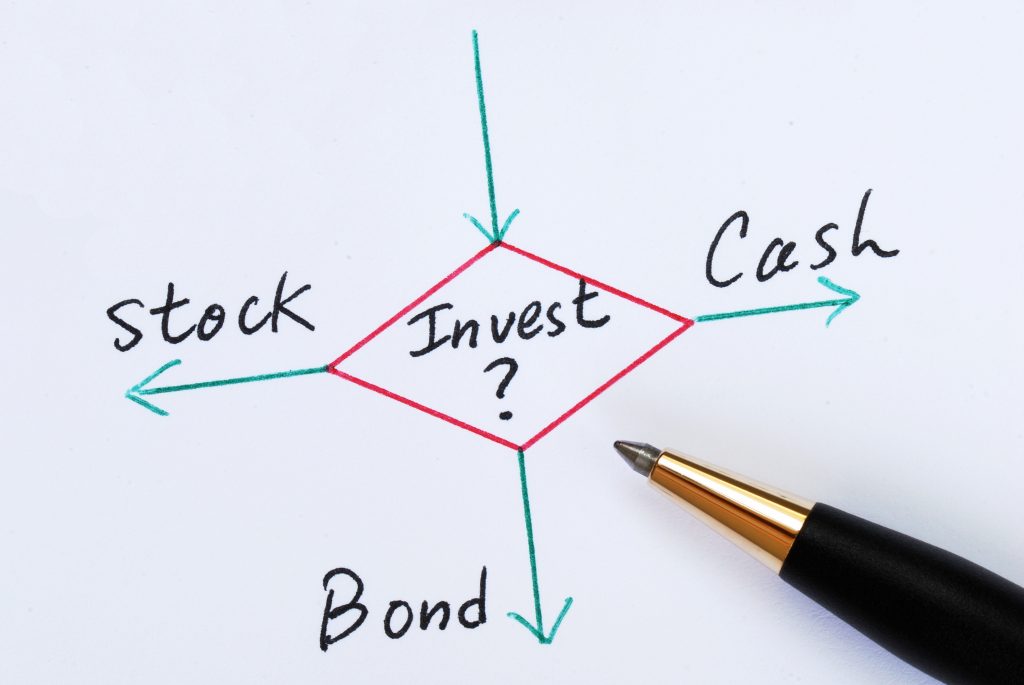 Your investment portfolio is most likely comprised of different types of investments, balanced in such a way that takes into consideration both your overall return objectives as well as your risk tolerance. It is useful to understand the purpose and role each investment plays within a diversified, balanced portfolio.
Your investment portfolio is most likely comprised of different types of investments, balanced in such a way that takes into consideration both your overall return objectives as well as your risk tolerance. It is useful to understand the purpose and role each investment plays within a diversified, balanced portfolio.
Stocks or equity, whether owned through individual positions or within mutual funds, are the most effective tool for building wealth over time. Stocks represent ownership in a company – and it’s the owners that participate in the profits when a company does well. But, along with higher expected returns, stocks also tend to deliver a bumpier ride. As a result, stock prices can fluctuate significantly and can introduce uncertainty over whether you will ultimately achieve your goals
Bonds or fixed income are loans made by investors to a company or a government entity. In exchange for that loan, the bond issuer agrees to pay interest to the bondholder for a specified time-period and return the principal at the end of the term. The bondholder has more certainty than the stockholder, and as a result, bond prices are generally less volatile than stock prices and have lower expected returns than stocks. Bonds, when combined with stocks in a portfolio, can be a good tool for dampening volatility, i.e. making that bumpy ride a little smoother. While bonds can contribute modestly to a portfolio’s overall expected returns, that should NOT be their primary goal.
Cash and cash equivalents are actually expected to lose buying power over time but are important to have on hand for near-term spending needs. Adequate cash reserves also help you keep your stock and bond holdings invested as planned, so you aren’t forced to sell or “cash out” at inopportune times.
To summarize, stocks, bonds and cash all have an integral role to play within a balanced portfolio. Stocks have higher expected long-term returns and their highest purpose is to build wealth. Bonds have lower expected long-term returns, but their highest purpose is to preserve wealth. Cash is expected to have negative long-term returns (after taking into account inflation) and its highest purpose is to spend wealth.
By keeping your attention focused on the roles each of these asset classes play, it becomes easier to recognize that even when your bond and cash holdings don’t appear to be doing much from a return perspective, the more important consideration is whether they are fulfilling their highest purpose in your total wealth management.

